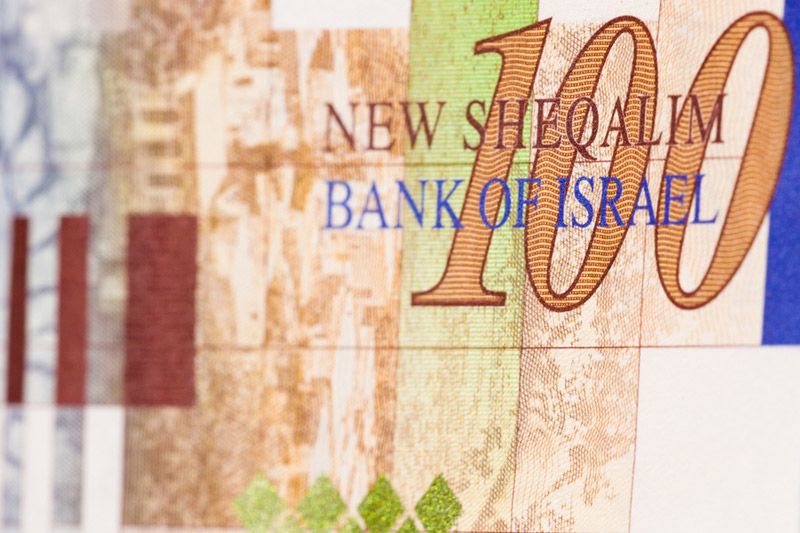TSX futures subdued with key U.S. inflation data ahead
The outbreak of war in Israel has led to a significant increase in the country's risk premium, causing heightened anxiety in capital markets and amplifying financial uncertainty. The cost of credit default swaps (CDS), a measure used to gauge bankruptcy risk, has escalated. The Israeli government's 10-year CDS has seen a dramatic rise, jumping from 85 to a staggering 130 basis points within two weeks, a sharp increase from its November 2022 figure of just 65 basis points.
In the wake of the Gaza war, this financial instability and depreciation pressures have prompted predictions of monetary policy changes. Citi anticipates a bold interest rate cut of 0.75% by the Bank of Israel in an attempt to stimulate investment and credit uptake due to concerns over the fragile state of the economy.
Despite these challenges, Victor Bahar from Bank Hapoalim has noted a strengthening bond market with a decline in bond yields. The ten-year bond yield dropped to about 4.2% from 4.5%, and two-year bonds yield fell to 3.8%. A yield spread of 50 basis points was observed between the 10-year Israeli government bond and its US counterpart.
However, Goldman Sachs holds a different view, foreseeing the Bank of Israel maintaining a 4.75% interest rate due to its large foreign exchange reserves. Goldman Sachs suggests that rate cuts will only occur when market stability is assured, considering increased government spending for post-war rehabilitation and an annual inflation rate fall to 3.8% in September. Despite the impacts of war, low September inflation data, and a market slowdown, they believe that the bank's monetary policy will remain steady until stability is achieved.
This article was generated with the support of AI and reviewed by an editor. For more information see our T&C.
